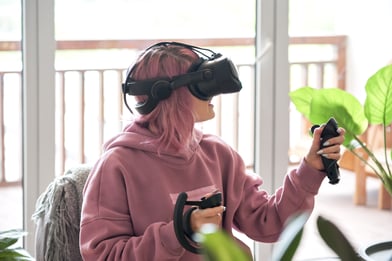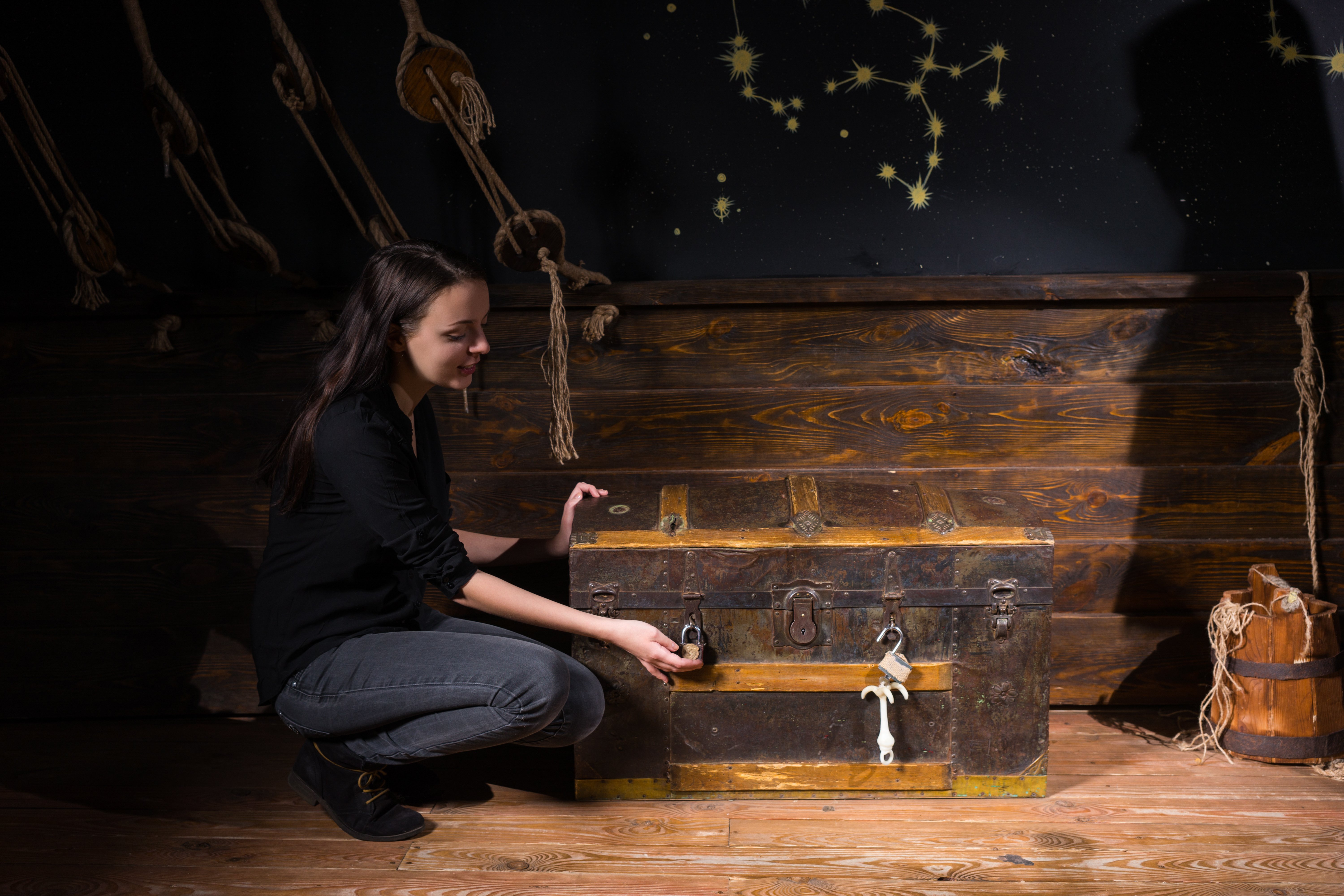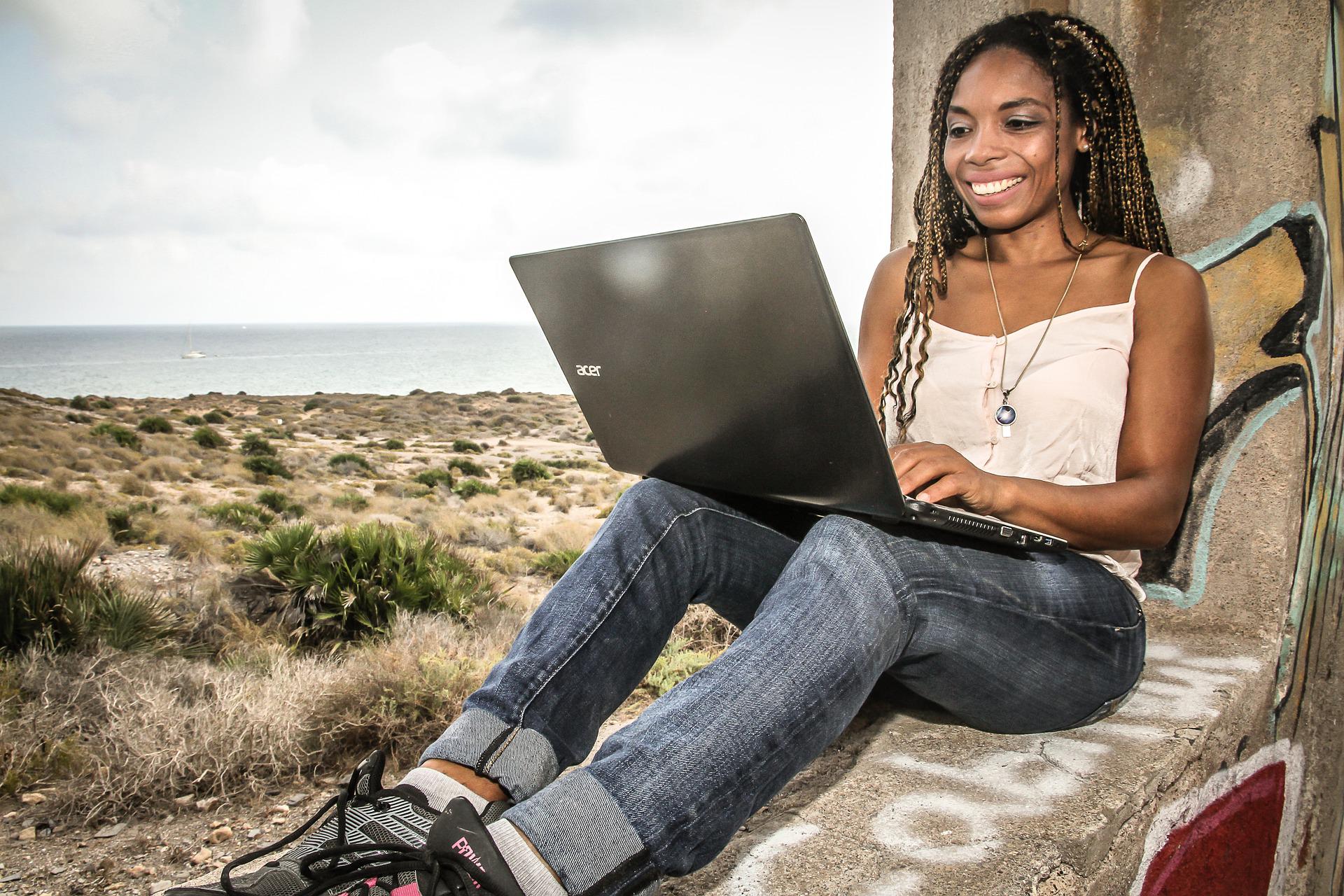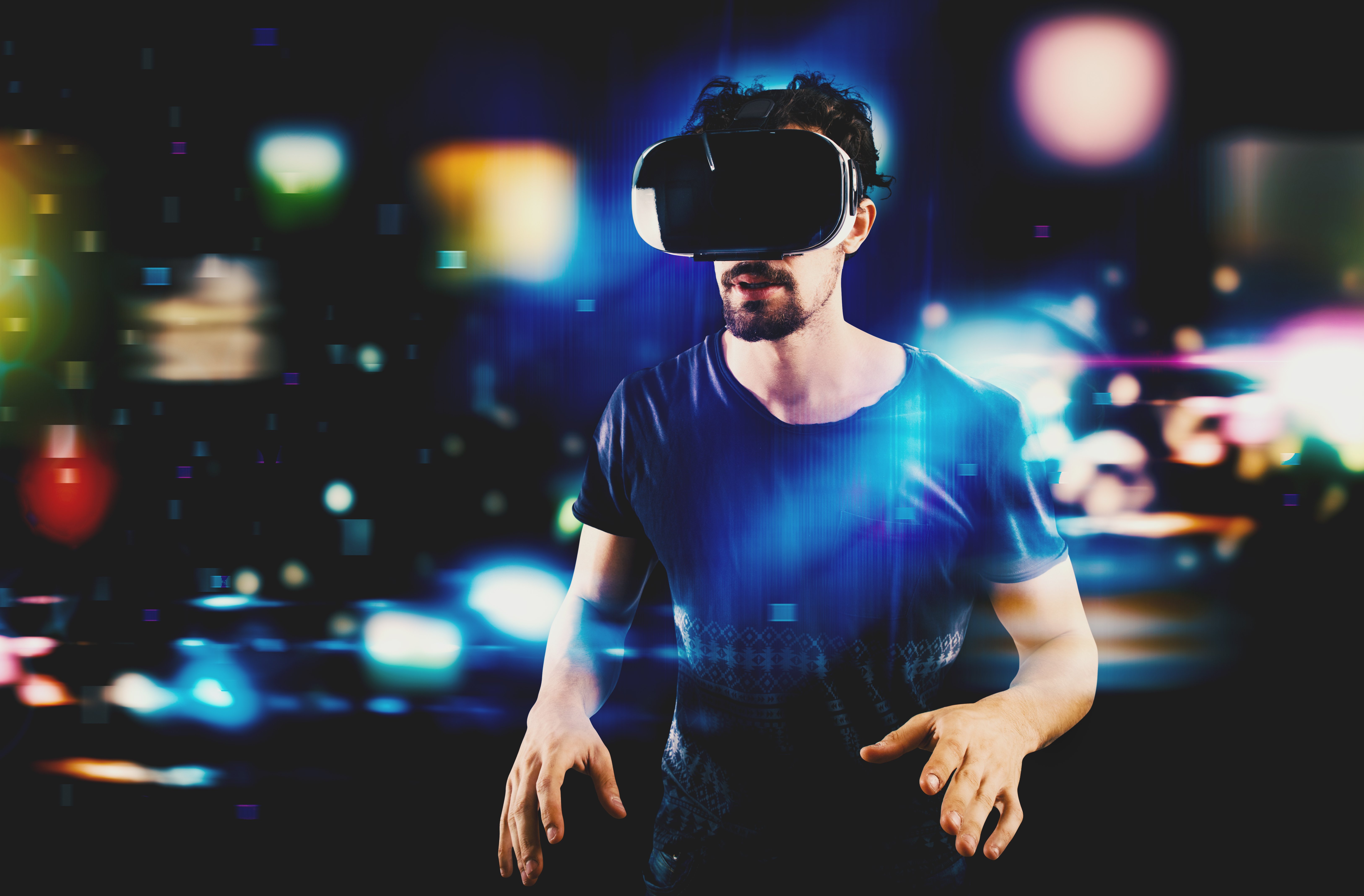What are escape rooms doing during the pandemic?
Posted on: 2021-03-10
Facing the pandemic, escape rooms have had to innovate and change the way they provide entertainment and value to their clients. Not being able to be physically open to the public has, for many, been the hardest part of all.
With restrictions lifting in many areas, it is time for some optimism — but let's look at what some escape rooms have been doing to make it through these hard times and see what we can learn for the future.
1: Operating Escape Rooms With Restrictions
Some of the new ways escape rooms have adapted and innovated are in how they access and provide value to the customer. We all love a good escape experience, and many escape rooms have found ways to live with lockdowns while still operating their physical rooms. The pandemic has affected locations differently, and with many different types of lockdowns, staged lockdowns, and lighter restrictions, many escape room businesses have been able to allow clients to come to the physical location.
For partial lockdown locations restriction options include but are not limited to:
- Private functions only, same household groups
- Social distancing between employees and guests, mask and glove use
- Rigorous cleaning
- Reduction of movable props
With precautions in place, many escape rooms have remained operational. The lesson here is to remain adaptable, flexible, and safety-conscious.
2: Remote Zoom Escape Rooms
Escape rooms in total lockdowns have had to completely change the way they do business. They've gone from operating rooms to Zoom. Here, a live employee in the room is directed around to collect clues and do the physical interactions while the remote players put the solutions together.
Daniel Daher, the senior marketing manager at The Escape Game, shared some insights into the Zoom adaptations. The scenarios only required a few small changes for the Zoom format, and while you don't get that in-person social experience, you do have a chance to do something different offer their experiences to markets normally outside of their reach. “We have had two people from LA, two from Egypt, and two from Australia all play together in one game,” he says.
On the selection of hardware, Michelle Rouland from Escape 60 Peoria found tripod setup worked best for their business.
“The tripods were easier and we had a number of problems with the body cams, some being perspective, and they bothered some people's backs.”
If you're going with Zoom rooms, it's important to test different setups to learn what is best for your location based on your desired outcome and feel for the virtual escapes — and keep perspective about the purpose of these remote measures. While Zoom had worked out for Michelle and the team while closed, she is happy her location is once again open to the public and removed those online options.
“Zoom rooms are not monetarily sustainable for us long term and were a short term solution. We are happy to get our customers back in our rooms.”
The takeaway from Zoom rooms? Even when unable to offer what you might think is your core experience, there may be alternatives to help keep you going.
3: Escape Room Upgrades
If the timing's right, while closed there is the opportunity to take down an underperforming rooms and replace it with a new room. A common problem with escape room businesses is ensuring you have repeat business, so many escape rooms already periodically replace their rooms.
If expecting to do this anyhow over the next year, some escape rooms might have found it worthwhile to just get done sooner. A room replacement will temporarily lower your capacity anyhow, so getting it done while unable to open does at least prevent that future downtime.
While you're doing this, keep in mind that building your rooms to reduce reset time is even more important when considering what people might be touching and what you'll need to clean!
4: Remote VR Escape Rooms

Escape rooms using vrCAVE's VR escape room software were able to offer remote VR escape rooms. By businesses renting sanitized equipment to the participants, guests could setup stationary versions of these rooms with teleportation controls to move around rather than the free roam.
While, just as with the zoom rooms, this may not be the ideal way to experience these escapes, during a complete lockdown, it is an option available to keep some cash coming in.
Don't have a vrCAVE VR escape room installation? You might want to learn how to add a VR escape room to your business here. Having this technology installed will add even more options onto your business both during the pandemic, and in the future as people flock back to entertainment — and you can really show off its strengths.
Ready to take the first step? Whether you run an escape room or other family entertainment business, you can contact us anytime right here. We look forward to hearing all about your location-based entertainment and learning how we can help get you set up with a VR escape room of your own!



